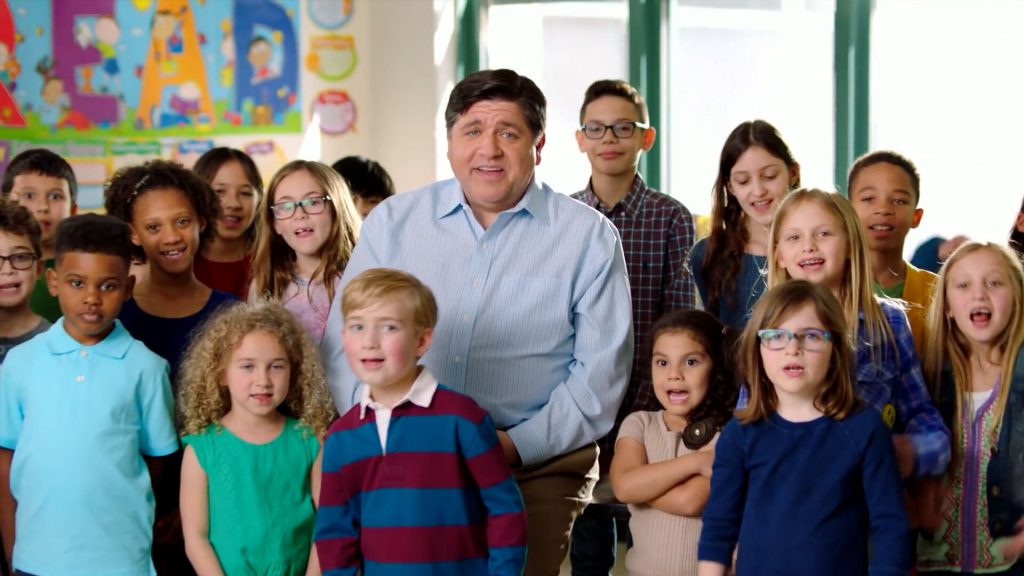Illinois becomes first to require yearly mental health checks for students

Illinois students will begin receiving annual mental health screenings starting in the 2027–2028 school year after Gov. JB Pritzker signed a new bill into law on Thursday, July 31. Illinois is the first state to require mental health evaluations for public school students in grades three through twelve.
“At a time when our children are struggling with anxiety and depression more than ever before, it’s our responsibility to ensure that our young people have all the help that they need to get the help that they deserve,” Pritzker said while signing SB1560 into law.
Guidelines and oversight
The bill requires public schools to offer “age-appropriate” mental health screenings at least once a year for children in grades three to 12. The Illinois State Board of Education (ISBE) will oversee the process and create guidelines that all school districts in the state can use to carry out these screenings.
“Mental health is essential to academic readiness and lifelong success. Too often, we only recognize a student’s distress when it becomes a crisis. With universal screening, we shift from reaction to prevention,” state Superintendent of Education Tony Sanders said in a statement.
Privacy protections and parental choice
According to the bill’s language, the screenings will be conducted with “confidentiality and privacy considerations” and “communication with families and communities about the use” of the mental health screenings.
Parents who do not want their children to participate can opt their child out of undergoing an evaluation.
Opposition and concerns
State Rep. Steven Reick, R-Woodstock, opposed the bill. He said children today are struggling because they’re overwhelmed by negative messages and unrealistic portrayals of happiness on social media, which makes them feel left out or like they’re not good enough.
“On its face, this is a good idea, because for too long providers of these types of services have acted within what are called ‘silos,’ offering distinct services without any coordination with other providers, which might offer complementary supportive services,” Reick said in a post on his website. “This is an inefficient and wasteful way of providing needed services across a wide range of needs.”





